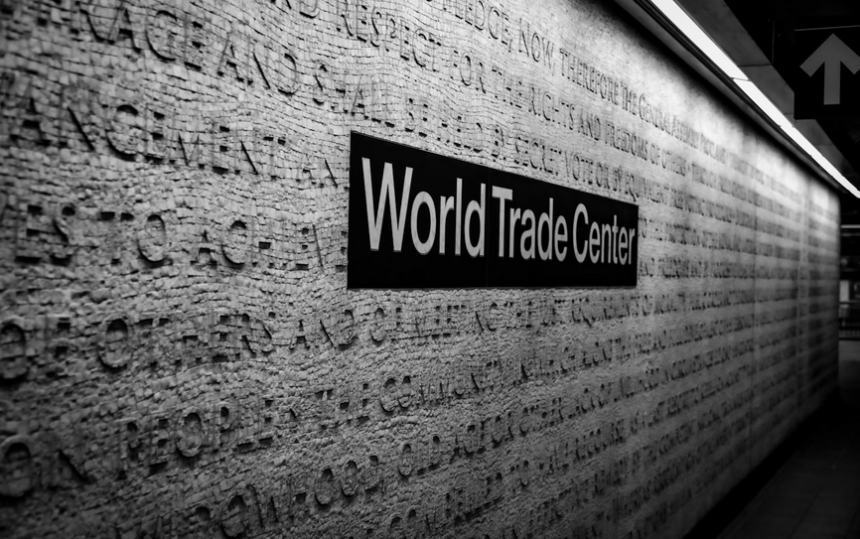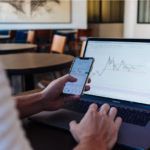Trends in international trade are shaking things up as well back in the home country, with the arrival of new tariffs and shifting diplomacy. Beside this debate over hammering out new “rules of the road” for the global economy, there are worries over the “weaponization” of trade and appeals to bolster “multilateral” partnerships to adapt to shifting global market realities.
The Brazilian Wisdom: American Measures of Tariff
The United States receives Brazil’s credit on tariffs. The Secretary of Foreign Trade so explained the measure, against the backdrop of the US President’s decision to impose a 25% tariff on passenger automobiles, trucks, and large automotive components entering the United States. Earlier this month, Brazilian President had also said he would file a WTO complaint related to tariffs on Brazilian steel.
Diverse Critics of the Global Trading System
And there is increasing anxiety about the condition of the global trading system. Secretary of Foreign Trade cautioned that current tensions among global trading partners on the WTO front could worsen before they improve. Those concerns have been heightened by increasingly aggressive strategies taken by some countries, including the United States. Brazil has once again re-affirmed its trust in multilateralism and respect for WTO rules.
Brazil’s Commercial Relations Strategy
Brazil has also a plan to construct new trade “coalitions,” and to strengthen its commercial relationship with countries that abide by the rules-based trade. Part of this strategy involves expanding Brazil’s network of trade deals, such as the free trade agreement reached recently between European Union and the Mercosur bloc. Brazil has been receptive to comply with the rules of fair international commerce, and also in pursuit of predictability and stability in the region.
Global Responses and Diplomatic Developments
Concurrent with that, the Chinese ruler has put the world business community on notice that they should safeguard industrial and supply chain from the threat of further US tariffs. The appeal underscores broader fears about the health of the global trading system. Brazil and Vietnam have also begun discussions on a potential aviation, beef exports and rules for the BRICS summit. They allow for the encouragement of economic cooperation worldwide, including through these meetings.
Economic Developments in the Region and the World Economy
Other highlights on regional economic developments on hand range from Argentina struggling to land a US$20 billion deal from the International Monetary Fund (IMF) to stabilizing its markets and supporting its foreign exchange reserves. Panama has also granted a former president´s request to enter Nicaragua as an asylum seeker. Also, A devastating earthquake off Myanmar Here’s what else people are talking
These trends have made international trade relations more dynamic and the strategic application of trade measures more widespread. The many developments have also been followed by speculation over what it would mean for trade to be “weaponized” and, more broadly, to be robbed of the sort of stability and predictability that its proceeds have come to expect as a matter of course. Countries have been wrapping up directives (and business) in a more aggressive manner, and everyone needs to be careful.
Also, the fact that creating new trade partnerships and improving existing trade deals is a primary consideration of the government that recognizes the value of diverse and flexible trade relationships. In an effort to steer clear of the potential consequences of these trade actions, countries are seeking to create closer ties with other allies. That judgement was then translated into a policy, a way of ensuring the benefits of the rules-based trading system and — more generally — of a more predictable and that it is less disruptive, things to do in economy.
But the Talks and events are supportive of multilateralism and the W.T.O. It is more focused on the challenges facing the current paradigm, and although that attention is, if you like, affected in the service of the paradigm, still there is a desire to make the paradigm serve the ever changing needs of a world economy. Most countries still strive to create balanced and equitable trade relations.






